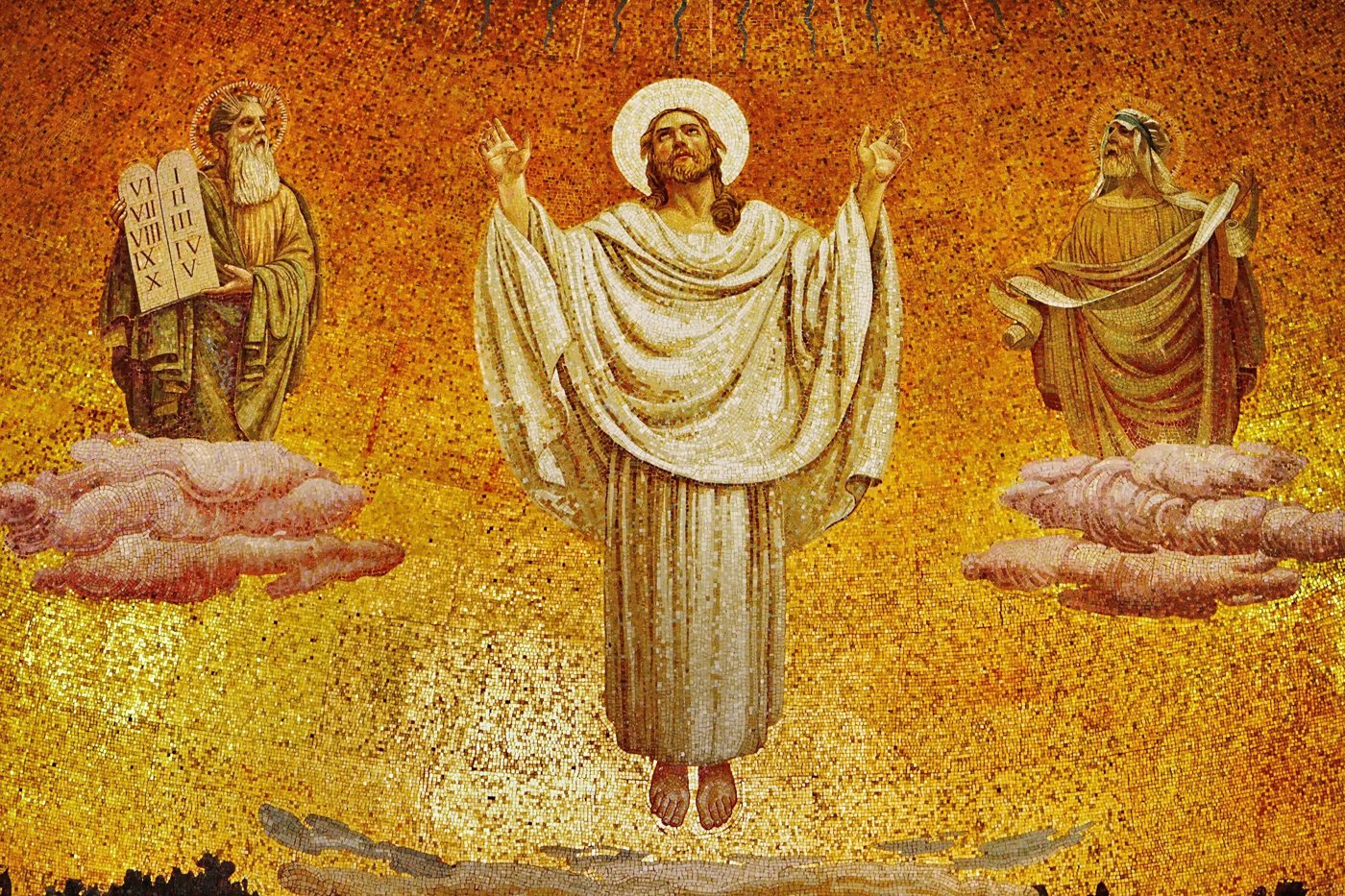Each year in Lent we read an account of the Transfiguration of the Lord, a story found in all three of the synoptic Gospels. Each Gospel telling shares the common experience of the three disciples, Peter, James and John, as they perceive the appearance of Jesus, his saving mission and learn what our attitude toward him must be, which is one of humility and listening. In each case, a voice is heard from above, and it says, “Listen to him.”
To listen to Christ is not merely to obey, but to hear deeply, in the place where daily conversion can occur. In this declared “Year of Prayer,” it is not too much to consider that listening is very much a part of the act of prayer.
Naturally, all that we do — all our interactions and conversation — should be rooted in prayer. By prayer, I, of course, mean the supplication and petitioning we do for our own needs and the intentions of others, but I also (perhaps primarily) mean the other part of prayer — the prayer of listening — which is completely essential to the action, experience and fullness of prayer, especially if we wish to grow in the virtues of wisdom and patience.
“Listen” is the good advice we are often too busy, or too afraid, to take. Listening requires putting aside the smartphone or the tablet and foregoing a few dopamine hits to our poor, tired brains, which are chock-full of anxiety and to-do lists and the endless, exhausting monkey chatter of self-doubt and old guilt tapes that we permit to run there, day and night.
That’s the cost of listening: to give up focusing on anything we’re thinking of in the moment (and which we will be thinking of again in another moment) in order to hear something — and someone — else: the small still voice of the Lord. For it is the Lord who is always with us and wishes only that we would attend to his company with what St. Benedict, in the beautiful prologue to his Rule, calls “the ear of the heart” — for “what is more delightful than this voice of the Lord calling to us?”
One need not be a spiritual master to listen to the Lord, and there are no external trappings we must possess. We need not seclude ourselves in an empty space or toll a bell; we needn’t strike a pose; we needn’t purchase a hooded prayer wrap or a ringing bowl.
Truly, we don’t even require a water bottle to practice the prayer of listening.
Quiet spaces and comfortable postures are all fine when we have access to them and time for them. But the reality is that to listen, we need only be mindful that God is always present, in every circumstance, and then be willing to be clued in. We need to be willing to notice what is going on around us and to engage; to hear what is being said, both in the exterior — because God will often use the voice of others to pierce our awareness when something must be communicated clearly and immediately — and in the interior and permit a moment’s real consideration.
“Listening” is a key part of any successful dialogue, whether we are in class, at a meeting or sitting at supper with friends and family. The one who is not listening is not engaged; the one who is not engaged is missing out on important information and instruction, and small but necessary jokes and consolations. All of those things — when we are listening — are part of the ongoing dialogue with God that should be part of how we pray.
If we are not listening to the steady voice of the Lord, and perceiving it coming at us through beauty, through memory, through the helpful remark of a stranger or the observances of a wide-awake 4-year-old, then we are missing out on a lot. We are serving the noise and distractions of a moment rather than the voice of eternity.
And if we are not listening to the voice of the Holy Spirit communicating the life and mystery of God to us, then how can we effectively be icons of the Christ, mirrors of his love and forbearance, within ourselves or to others?
Bishop Robert P. Reed is an auxiliary bishop of the Archdiocese of Boston, pastor of St. Patrick and Sacred Heart parishes in Watertown, Massachusetts, and president of the CatholicTV Network. He is chairman of the U.S. Conference of Catholic Bishops' Committee on Communications.
